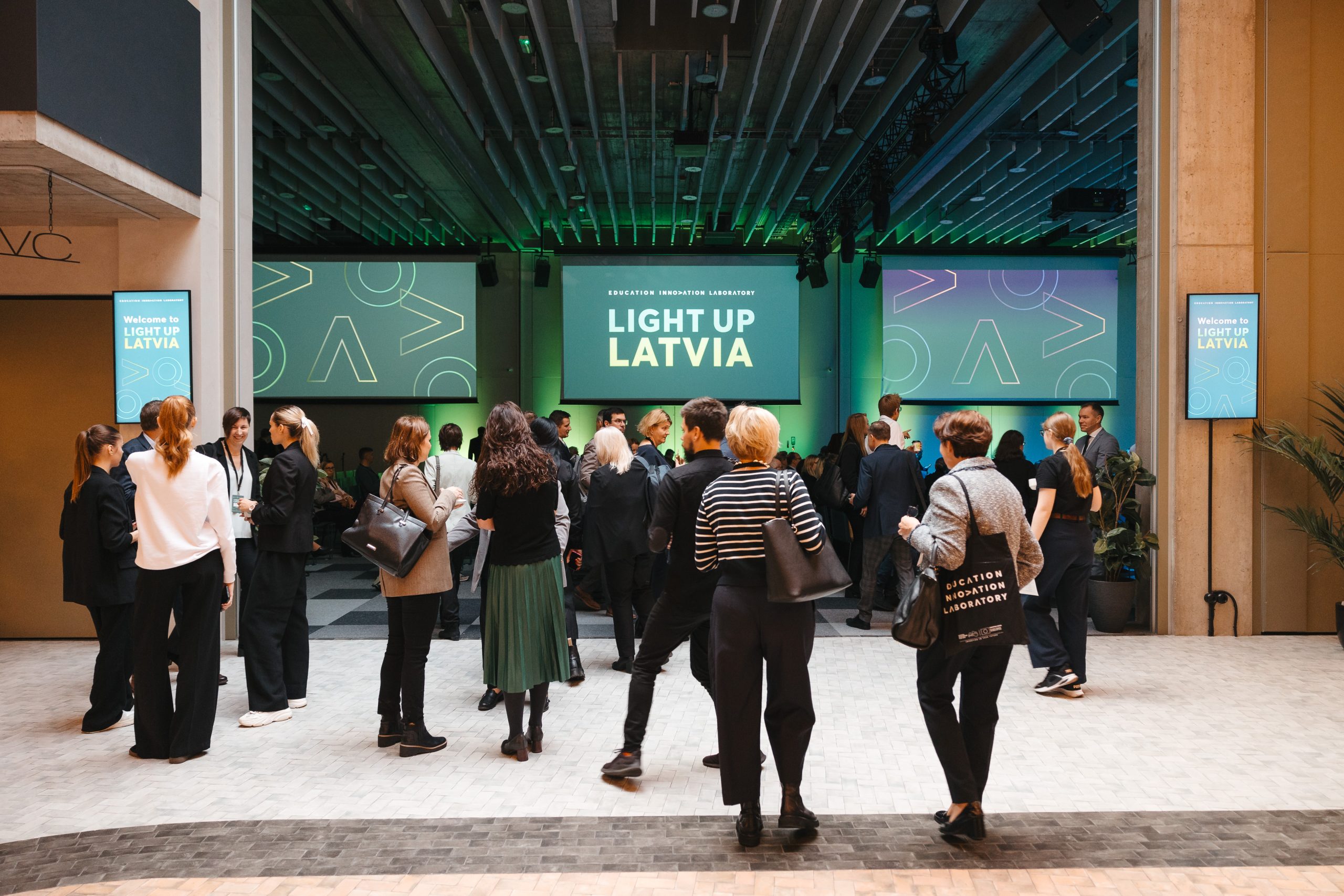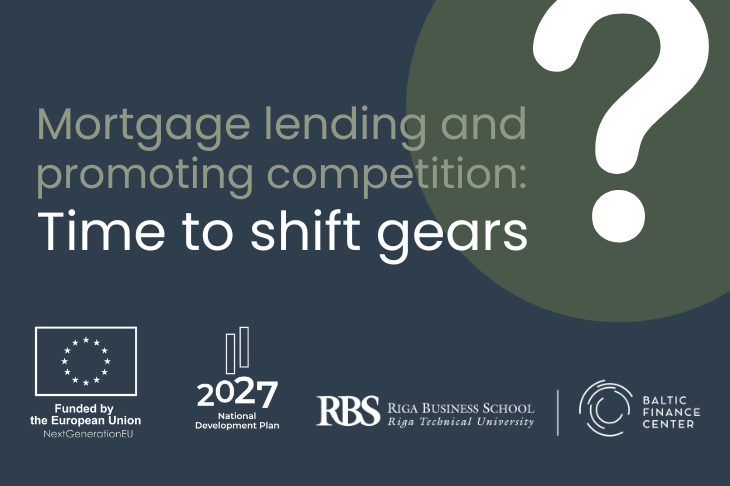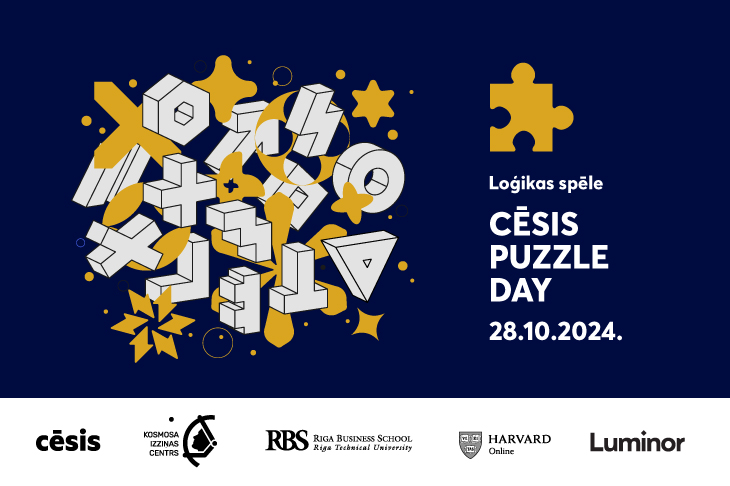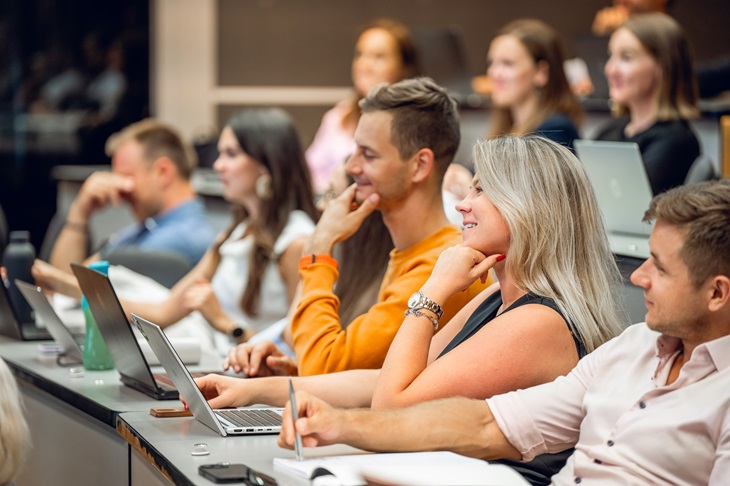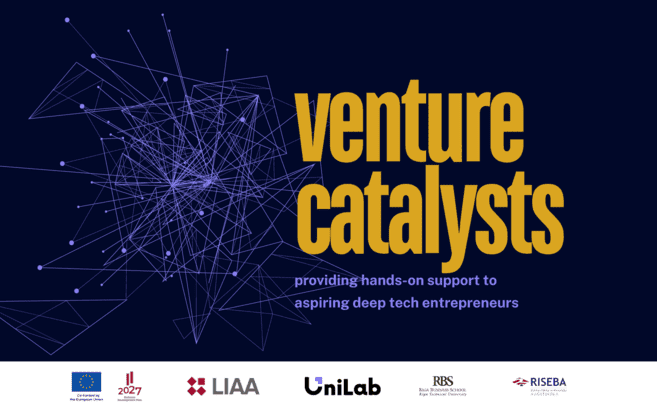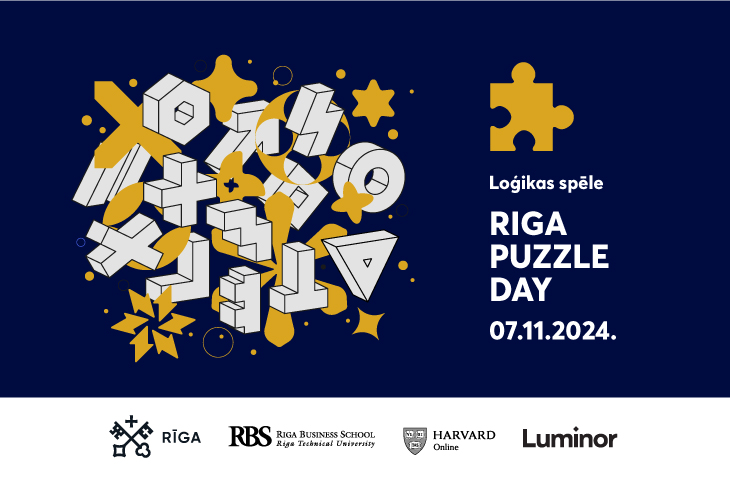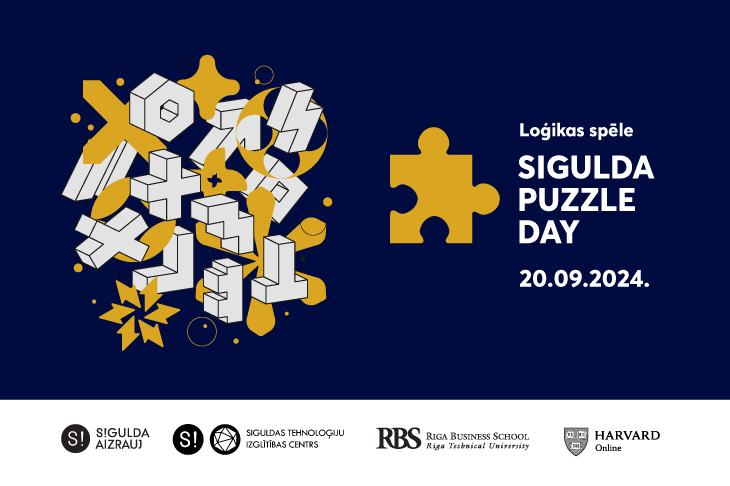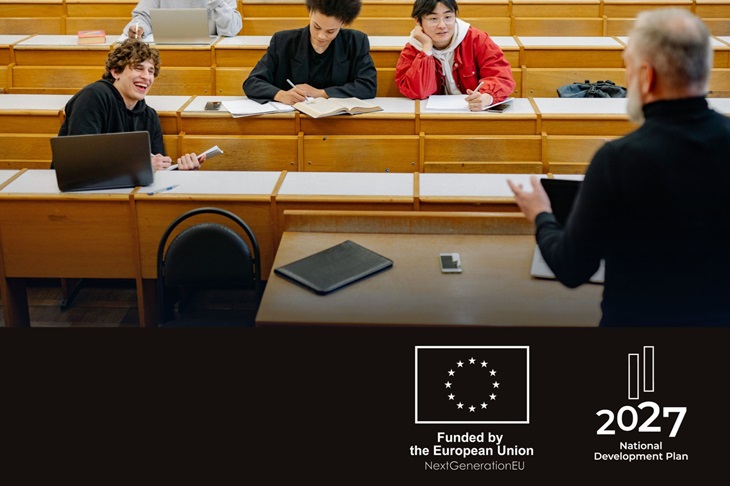The education innovation conference “Light Up Latvia” brought together almost 300 participants on 9 November in Riga. The aim of the conference was to celebrate the development of innovation-driven higher education in Latvia and to promote stakeholder interaction. The conference featured speakers from the Massachusetts Institute of Technology, Harvard University, University at Buffalo, as well as leaders from Latvian universities, public administration and business.
Attendees included education leaders, academics and researchers, business leaders, government officials and local representatives, NGOs, venture capitalists and students.
The conference marked the end of all three programs of Riga Business School’s Education Innovation Laboratory, where Latvian leaders strengthened their innovation management skills under the guidance of the J-Wel Laboratory at Massachusetts Institute of Technology.
One of the highlights of the conference was the presentations by six teams from different Latvian universities on innovative education projects that they have been working on since the beginning of the year within the Education Innovation Laboratory Start Strategic Education Innovation Project Support Program. The winner of the competition was “Digital Skills Development Lab”, a team represented by Nora Jansone-Ratnika, Andrea Slavinska, Matīss Sīlis and Evita Grigoroviča from Riga Stradiņš University.
During the conference, Latvian secondary school programming teachers continued to learn the content and methodology of the CS50 computer science course developed at Harvard University. The training was led by Harvard University lecturer Bernie Longboy, Valmiera State Gymnasium teacher Indra Kažoka and Valmiera Pargaujas State Gymnasium teacher Māra Ozola.
In his remarks, US Ambassador in Latvia Christopher Robinson stressed the importance of educational cooperation in strengthening our economies, promoting innovation, and tackling today’s global challenges. “Last year, the United States and Latvia celebrated 100 years of diplomatic relations. The task for all of us is to build the foundation for the next century of partnership, one that ensures security, strong democratic societies, and economic prosperity. U.S.-Latvia educational partnerships will help determine what that future looks like.”
Lahina Italmazova from Times Higher Education also highlighted the role of collaboration in her presentation. When universities work together, both with each other and with industry, quality increases in all aspects that are taken into account by university rankings.
The conference is organized by the Education Innovation Laboratory (EIL), which is supported by the Ministry of Education and Science and implemented in close collaboration with the Massachusetts Institute of Technology’s laboratory, ‘Abdul Latif Jameel World Education Lab.’ EIL was established to build an innovation ecosystem for change-makers to create impact by experimenting with bold ideas shaped by education. The conference is funded by the European Regional Development Fund under project No. 1.1.1.5/18/1/008, ‘Support for RTU International Cooperation Projects in Research and Innovation,’ and European Union Structural Fund project No. 8.3.2.2./16/I/001, ‘Support for the Development of Individual Competences of Learners.
